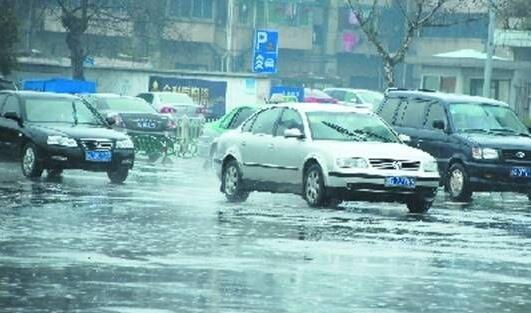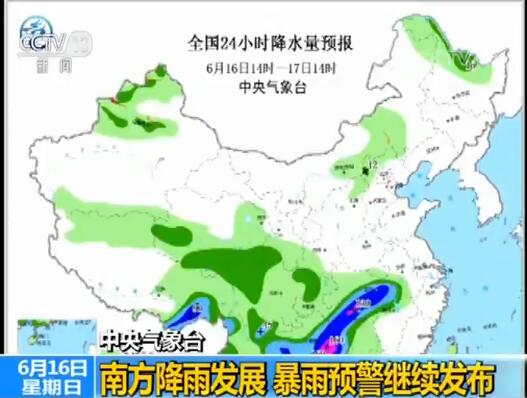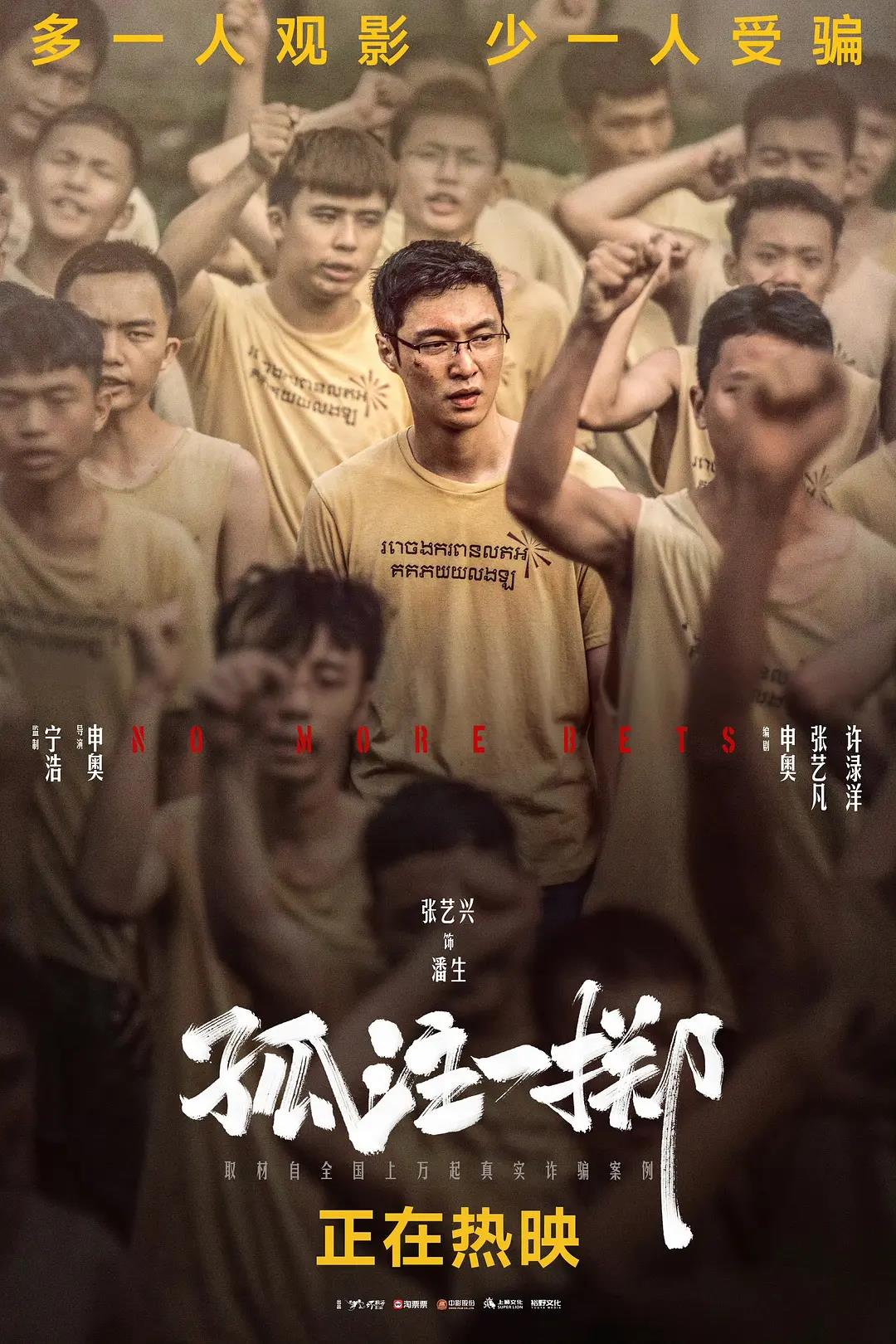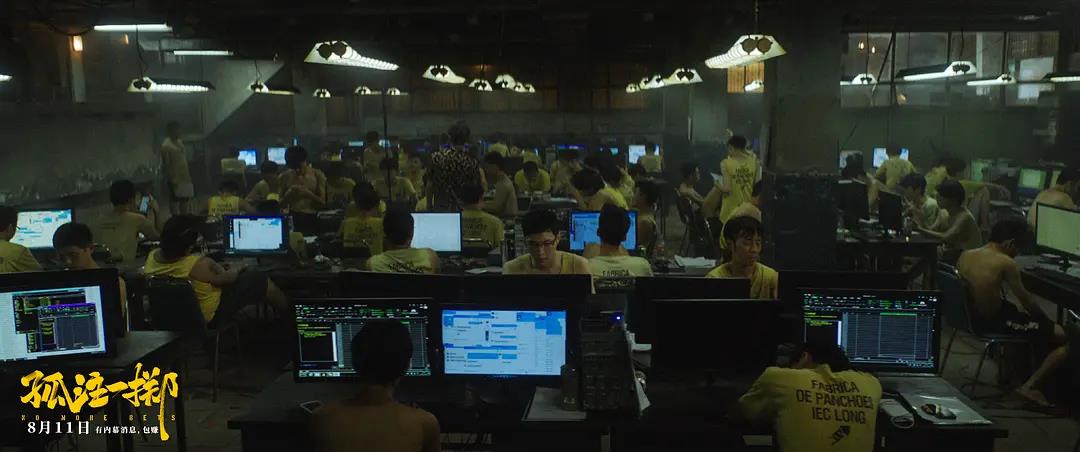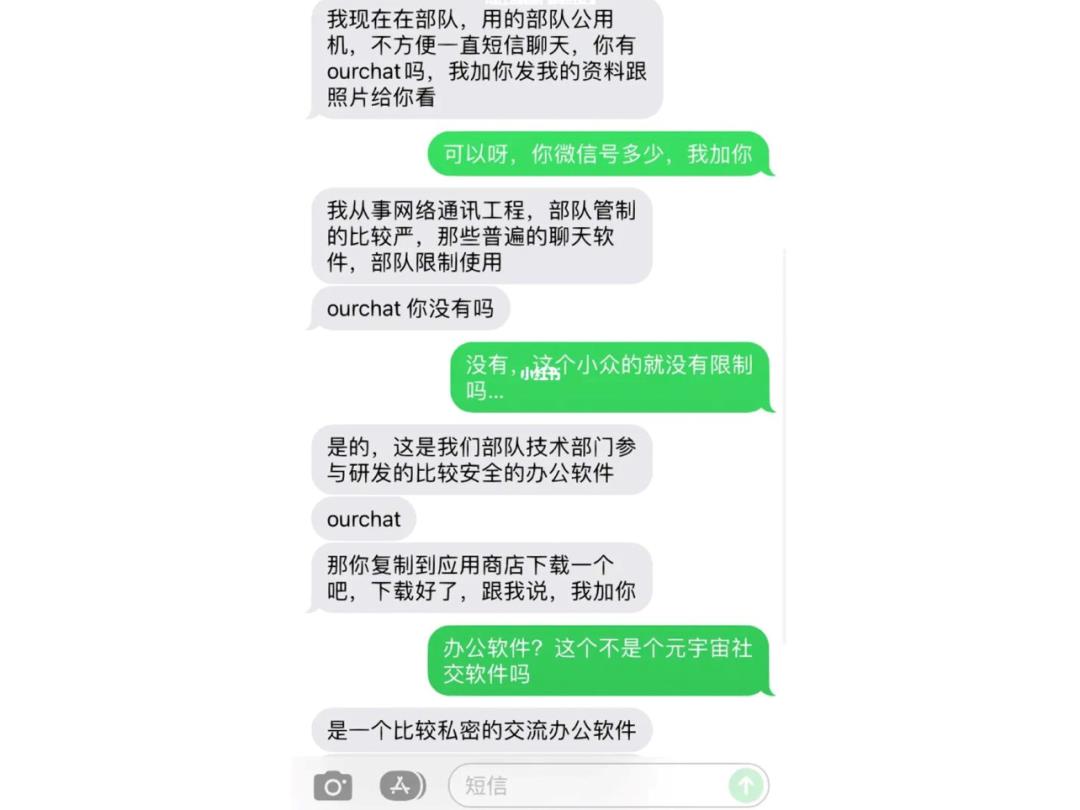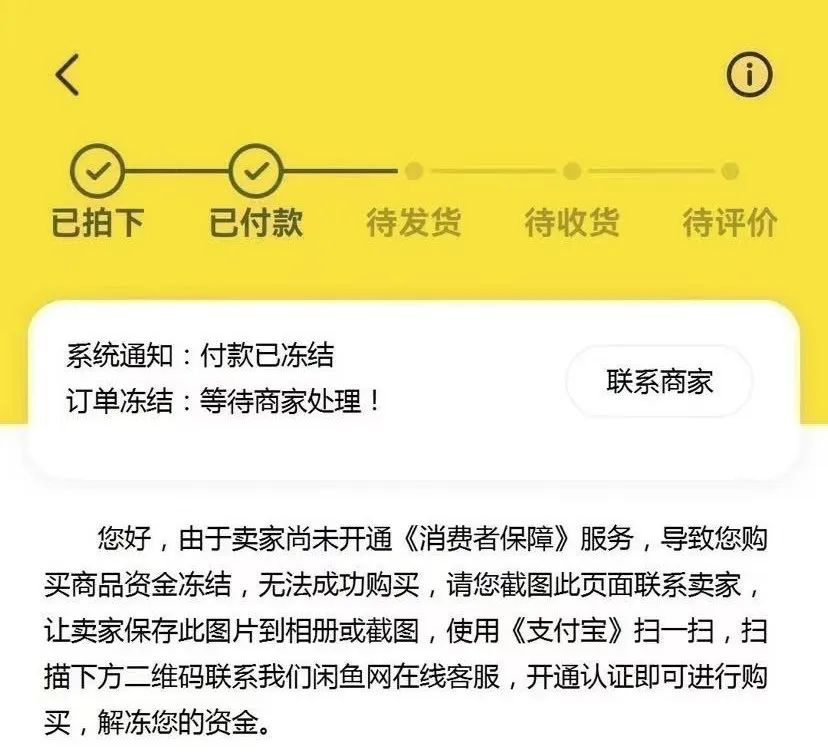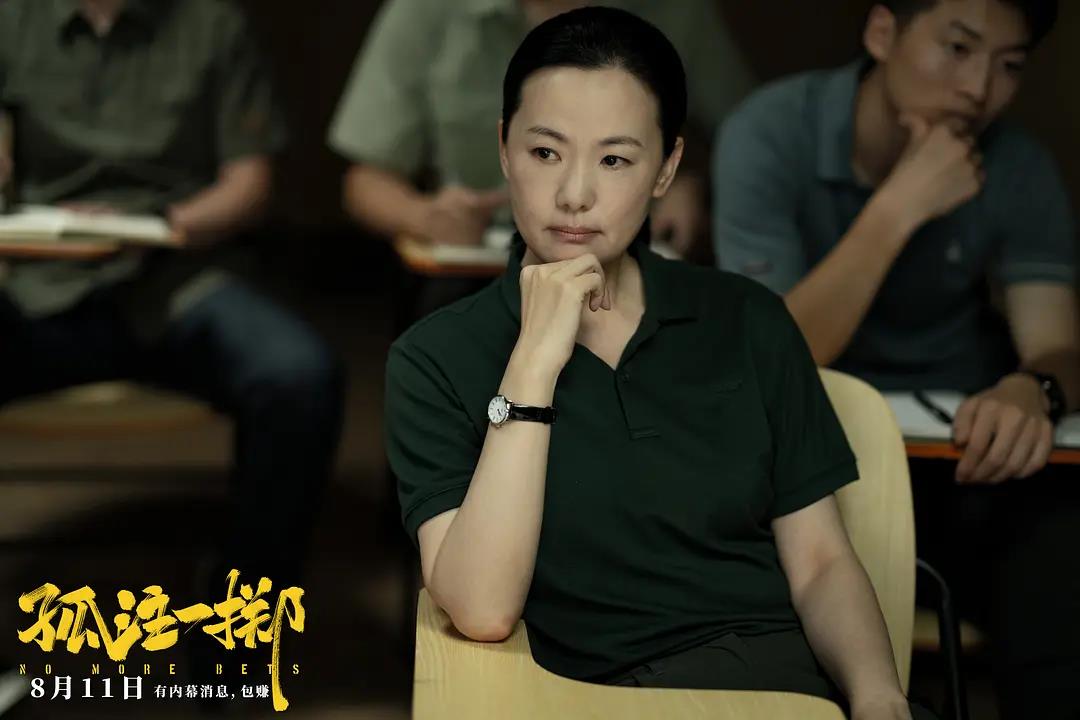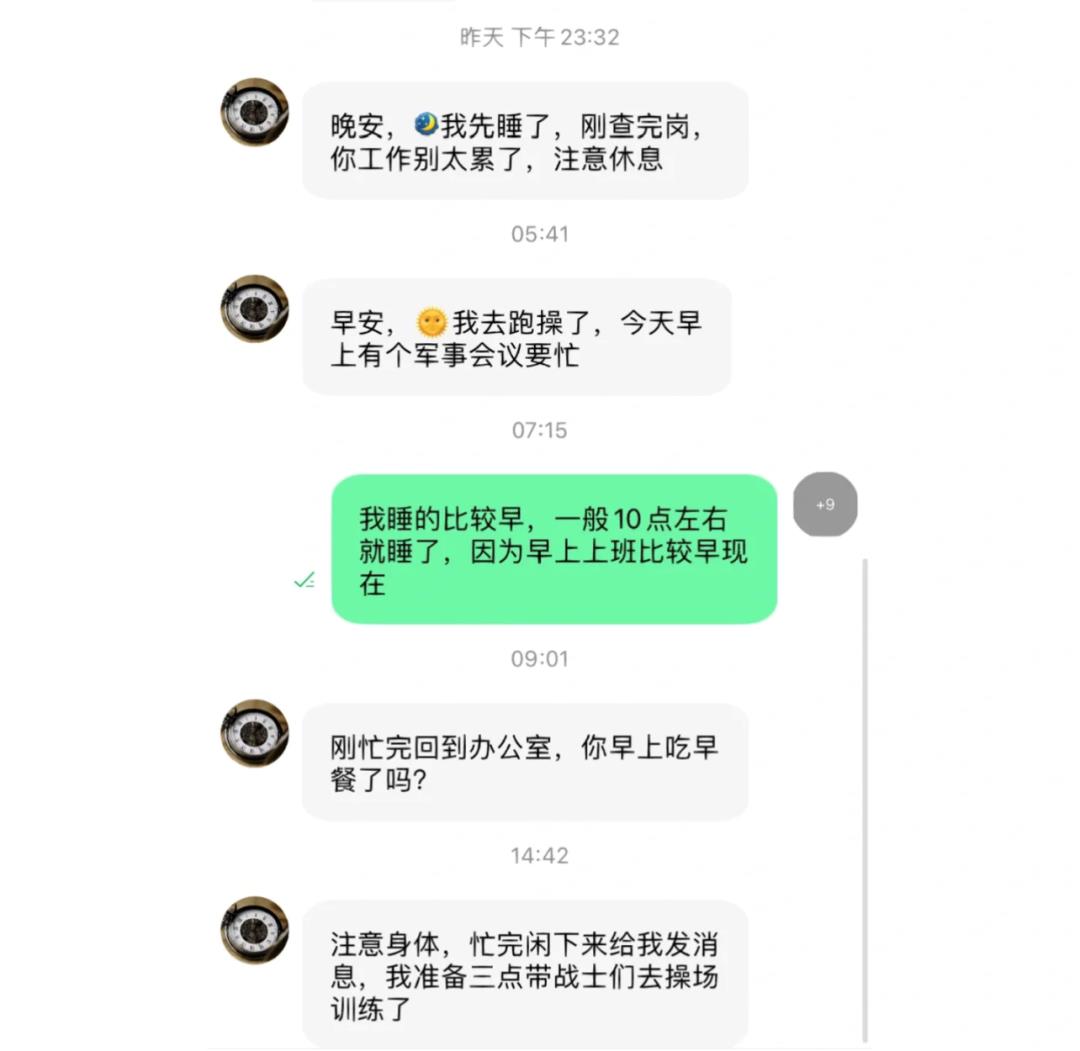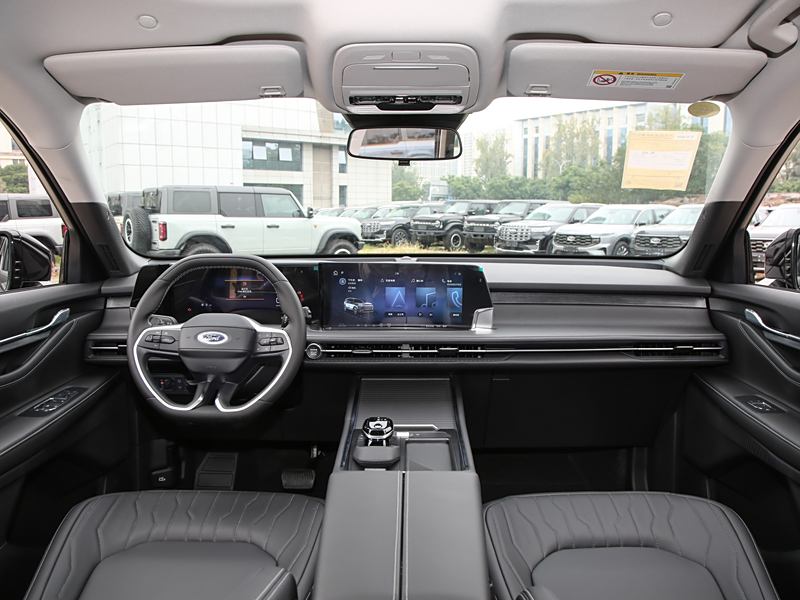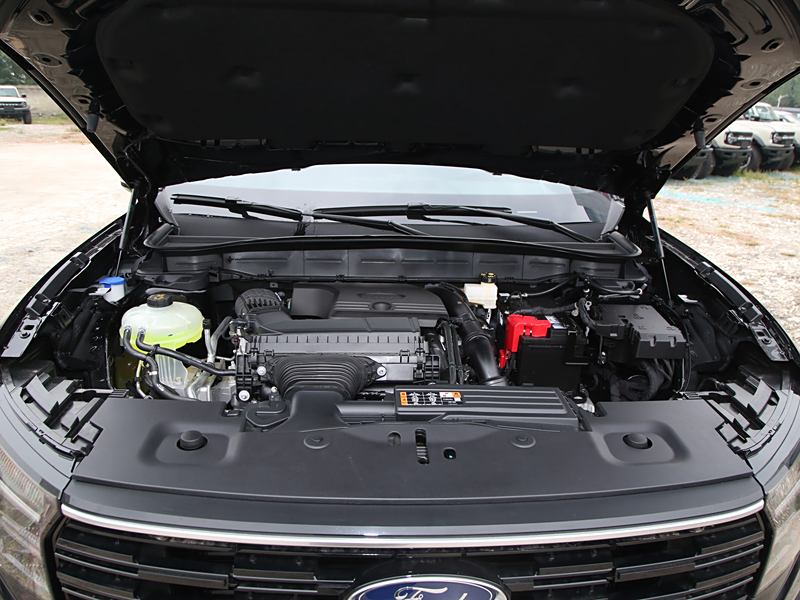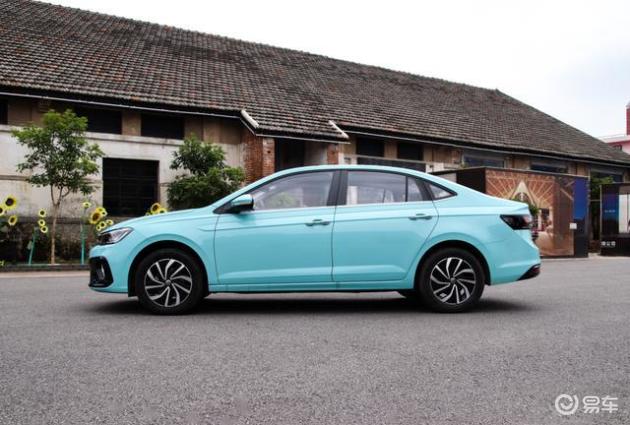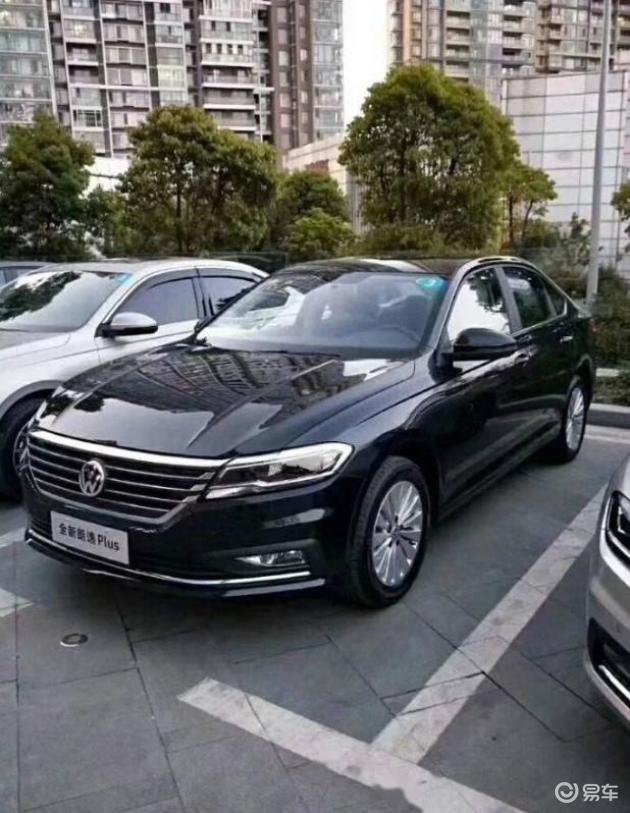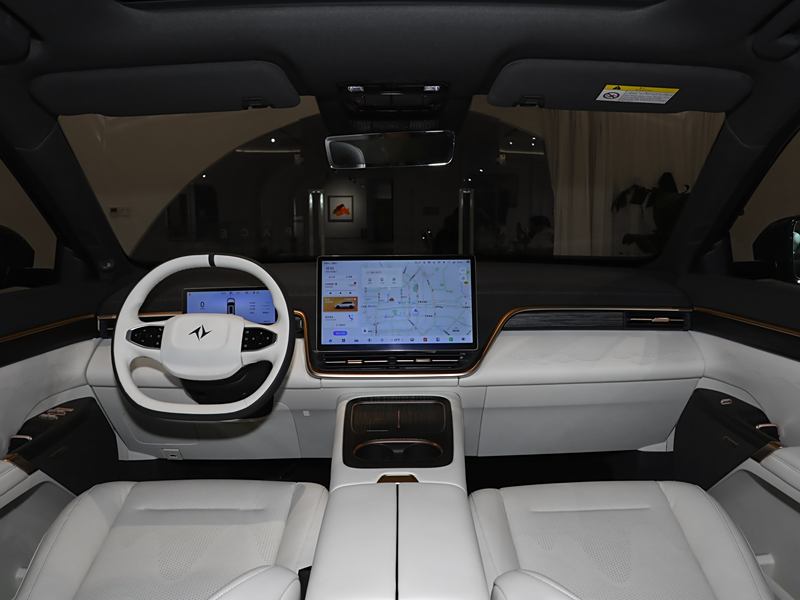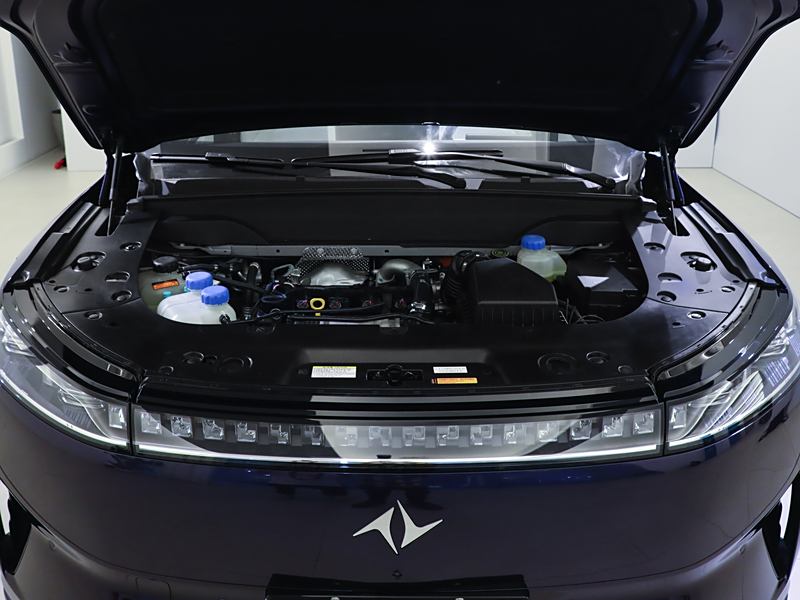"In the past, we were afraid of not having a bill, but now we are afraid of not having a car, a house and a boat!" Zhou Yi, who is in charge of one-stop service projects such as Sanya Hotel Yacht, expressed emotion. On December 7, 2022, the Comprehensive Group of the State Council Joint Prevention and Control Mechanism issued the "New Ten Articles" to optimize the implementation of COVID-19 epidemic prevention and control. Cross-regional mobility no longer requires complicated inspection procedures or home isolation.
In just over half a month, the society has achieved great results in promoting implementation. In the last month of 2022, Sanya, a tourist city famous for its winter shelter, also ushered in its peak season. The reporter learned that many "Yangkang people" have already boarded the plane to Sanya. Breathing the warm air in Sanya, local tourism practitioners have also ushered in their own "spring".
visitor
"The plane is full of people, and the prepared medicine is useless."
After the adjustment of epidemic policy, Ms. Jia of Luoyang found herself "yang" too. After recovery, considering the protection of antibodies, she felt it was time to go out for a walk. After two days of consideration, on December 25, 2022, Ms. Jia flew to Sanya with her boyfriend. It has been three years since her last trip.
"On the plane to Sanya, it was almost full of people." What impressed Ms. Jia was that many of the passengers were parents with children, and there were few coughs on the plane. "After the exchange, I found that many people came out after Yangkang."
Ms. He from Chengdu also embarked on a trip to Sanya after Yangkang. Different from before, although this trip was in a hurry, it was smoother than before. Ms. He recalled that in the past, I had to do nucleic acid in advance when I traveled, and I had to find nucleic acid points when I landed. Sometimes I was still in the hospital at 1 am. "Now you can book a ticket hotel, you don’t need to do nucleic acid, you don’t need to scan the code, it’s very convenient to travel, and it’s been a long time since you left."
Ms. Jia observed that there was no fever or discomfort in her tour group, and everyone consciously wore masks. "Everyone wants to have fun and come back happily." Local staff will also remind tourists to wear masks, and all toilets are equipped with disinfectant, disinfectant gel and other epidemic prevention supplies. Worried about re-infection, Ms. Jia also brought cold medicine, antipyretic medicine and thermometer in her luggage. Fortunately, until the end of the journey, "the prepared medicine was useless."
According to the report of Sanya Daily on December 25th, 2022, Sanya City has passed the peak of infection as a whole. As of December 25th, the survey infection rate was 57.1%. Before going to Sanya, Ms. Jia, like many tourists, was worried about whether the tourist attractions were closed due to the epidemic. Upon arrival, Ms. Jia found that not only hotels, but also shopping malls, entertainment and restaurants were mostly open for business.
Air tickets are also rising. With the arrival of a large number of tourists, many tourists have noticed that the price of Sanya air tickets has increased. "The price seen the day before and after may have increased by about two or three hundred." On December 30, 2022, the reporter searched on the online ticketing platform and found that the fare of the shortest flight from Luoyang to Sanya has reached 1950 yuan.
Ms. Jia learned from the tour guide that it is the winter tourist season in Sanya. Although the passenger flow is gradually recovering, the number of tourists is less than half of that in previous years, and there is almost no need to queue in many tourist attractions. The most intensive is the night market at night, and the local pick-up driver also introduced that the frequency of taxi soliciting has also increased day by day recently. Although some colleagues have not been exposed, they all choose to take good care of themselves and try to seize this warming opportunity to earn money for a good year.
Hotel minsu
The rooms are almost sold out. If the guests have a fever, they can provide medical services.
Hotels and homestays in Sanya are also busy. "In the past, we were afraid of not having a bill, but now we are afraid of not having a car, a house and a boat!" Zhou Yi, who is in charge of one-stop service projects such as Sanya Hotel Yacht, expressed emotion. A screenshot provided by Zhou Yi shows that after the release of the "New Ten Articles", a villa resort hotel he cooperated with was almost sold out in a few days. "Eight rooms for 120,000 nights, six rooms for 80,000 nights and seven or eight thousand double rooms were all booked up."
On December 26, 2022, the staff of Sanya Bay Mangrove Resort World also told the reporter that the hotel’s passenger flow has rebounded to some extent, and the check-in rate on that day was 53.79%. "This data is still acceptable compared with previous months, and there are many guests booked every day, and the occupancy rate has been rising."
With the arrival of the New Year’s Day holiday, the occupancy rate of the hotel on December 30, 2022 has risen to 90%. According to the staff, the occupancy rate during the previous New Year’s Day was generally 70% to 80%. At present, the hotel also actively plans to launch winter camp activities for children and New Year family dinners for families.
In addition to hotels, some homestays have also ushered in an increase in occupancy rate. Although the data is not as good as in previous years, it has increased from a few months ago. The staff of Sanya Haitang Bay Mitang Yard Boutique B&B told the reporter that the occupancy rate of the B&B has reached over 95%. "Because many guests booked on the same day or only one or two days in advance, it is still impossible to predict the long-term orders."
Many hotel homestays have introduced that with the implementation of the new policy, the current hotel homestays no longer require customers to show their health codes, travel codes and nucleic acid negative certificates. For the "Yangkang" group that some netizens pay attention to, the staff of Mangrove Resort World said that they would not ask the guests’ physical condition deliberately. If the guests take the initiative to inform them of infection or fever, the staff would advise them to rest in the guest room and observe for a while. They would not go to other places at will, and the hotel would try its best to meet the needs of the guests, such as providing home delivery services.
Like air tickets, hotel prices are also rising. Ms. Jia told reporters that the room she booked has risen from more than 500 yuan a night to nearly 900 yuan, and Ms. He also felt that "the house price has doubled from a month ago".
In this regard, the staff of Mangrove Resort World responded that it is normal for house prices to fluctuate during the tourist season. For rooms with a normal night of 7800 or 8900, the package only uses about 1000 yuan for two nights. "On average, this three-day and two-night package is much more cost-effective than booking a single night." In addition, due to the long validity period of the package, the price will be increased based on the package price as appropriate, and the relevant regulations will be stated in the package introduction in advance, and there will be no temporary price increase, which can be seen in the sales platform.
The reporter searched on the online sales platform and found that the hotel launched a package of "Deluxe Family Room for 2 Nights+Amazon Water Park for Two+One Pottery Drawing Experience" with a value of 1,088 yuan, and the words "Use at a Price Increase during the Spring Festival" were clearly marked in the title. On the "Current Accommodation Date" page, it is clearly marked that 50 yuan will be increased every night on December 31st, 2022 and January 1st, 2023, 500 yuan will be increased every night from January 21st to January 26th, 2023, and 200 yuan will be increased every night from January 27th to January 31st, 2023.
According to the introduction of the hotel, the hotel price is basically the same in the same period every year, and the annual price is priced according to the data of previous years, and there may be some fluctuations, but it will not be too big.
Some tour groups
Returning to the level of the same period three years ago, "finally looking forward to spring"
Xiao Dong is a tour guide of Hainan Kangtai Tourism Co., Ltd. During the epidemic, there were few tours and he could not earn any money. In mid-2022, Xiao Dong was once confused about whether to continue this job. "Tour guides don’t have a basic salary, they have money when they leave the tour, and they have no money if they don’t leave the tour. At that time, it seemed that they really couldn’t do it."
Xiao Dong has been leading a tour group in Sanya for several years. He recalls that in the past, Sanya was full of people, all of whom were watching people’s heads in scenic spots. During the epidemic, some travel agencies closed down, and many tourists they knew also changed their careers. "Some went to take delivery, and some sold their houses because they couldn’t afford the mortgage."
However, with the support of the tourism industry in Hainan Province, the passenger flow of Hainan Kangtai Tourism Co., Ltd. has basically recovered to the same level before 2019 in less than one month. This is beyond the expectation of Tan Jie, the project leader of the company. Tan Jie optimistically estimated that "this number will go up."
He calculated an account. Since mid-December, 2022, the daily growth rate of orders is about 5% to 10%, and the order volume during the Spring Festival should be about 35%. The company now receives nearly 300 tourists a day, of which the most popular route is about 100 people a day, and nearly 9,000 people a month. "Generally, a medium-sized travel agency has 5,000 people a month, and a large travel agency has 8,000 people a month."
In the past twenty days, Xiao Dong has gradually returned to his previous working condition. He has received three tour groups with a total of about 60 people, which is equivalent to the reception volume in the month before the epidemic. The influx of tourists makes travel agencies in a state of "always having a group".
Some time ago, many of Xiaodong’s colleagues also took vacations due to the epidemic. "The company’s tour guides are sometimes not enough, and some tour guides who have taken tours abroad have also returned to China to help."
In Tan Jie’s view, the guidance of policies, the demand of guests’ travel and the advance layout of the company contributed to the rapid recovery of tourism. However, the reception capacity in Sanya is limited. For the sake of tourists’ travel experience, Tan Jie also suggested that everyone travel at the wrong peak.
With the recovery of tourism in Sanya, Tan Jie met his old friends who used to contact in various scenic spots, hotels and restaurants. In the tourism industry, everyone gathered together and resonated. "At this moment, we all know that we are finally looking forward to a beautiful spring."
Chengdu Business Daily-Red Star Journalist Cai Xiaoyi Lanjing Intern Liu Zhongmei
